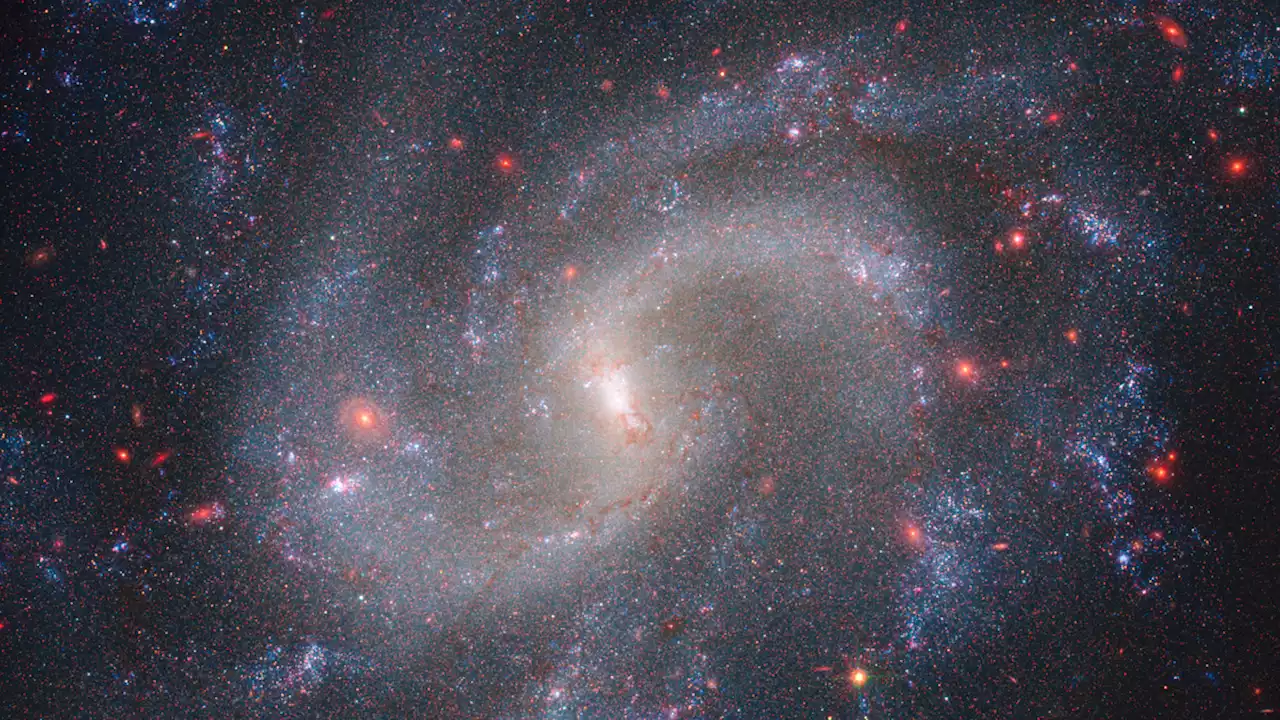Webb data shows ‘Hubble tension’ not Hubble Telescope's fault
There are two ways of measuring the universe’s expansion, which offer up different rates for it. One way is by predicting the rate from the cosmic microwave background, the earliest light we can see, which dates to about 300,000 years after the Big Bang.
The rates derived from these two approaches lead to different Hubble constants; the discrepancy is often referred to as the “Hubble tension,” and could be due to errors in astronomers’ calculations or hitherto unknown physics.Before Hubble launched in 1990, estimates on the timeline of the universe’s expansion varied between 10 billion and 20 billion years—a large range—according to a NASA
accompanying the new research written by Adam Riess, an astronomer at the Space Telescope Science Institute and Johns Hopkins University, and lead author of the new paper.in order to find a newly precise age of the universe: 13.77 billion years old.
Nigeria Latest News, Nigeria Headlines
Similar News:You can also read news stories similar to this one that we have collected from other news sources.
 Webb validates Hubble's universe expansion rate measurementsThe James Webb Space Telescope, for the first time, has contributed to resolving the long-standing mystery surrounding Hubble tension.
Webb validates Hubble's universe expansion rate measurementsThe James Webb Space Telescope, for the first time, has contributed to resolving the long-standing mystery surrounding Hubble tension.
Read more »
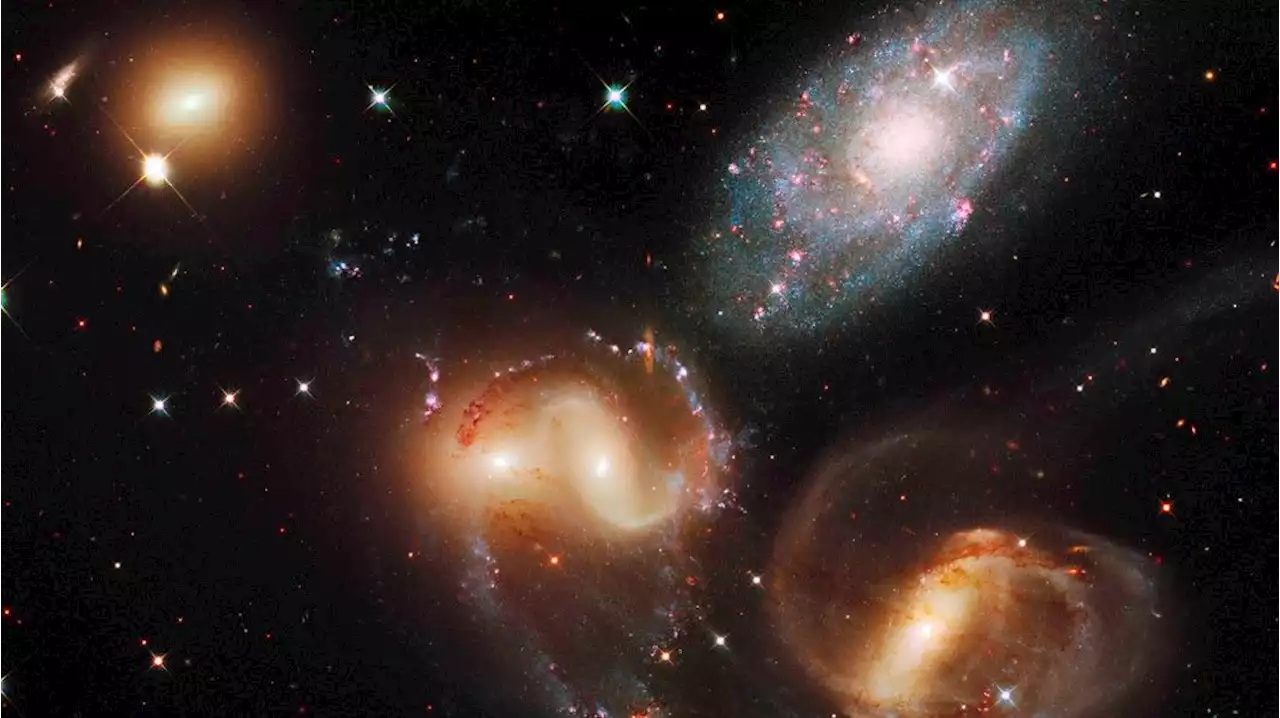 Hubble Space Telescope discovers 11-billion-year-old galaxy hidden in a quasar's glareAstronomers normally observe galaxies by observing light these objects emit, but some tricky galaxies require a different approach.
Hubble Space Telescope discovers 11-billion-year-old galaxy hidden in a quasar's glareAstronomers normally observe galaxies by observing light these objects emit, but some tricky galaxies require a different approach.
Read more »
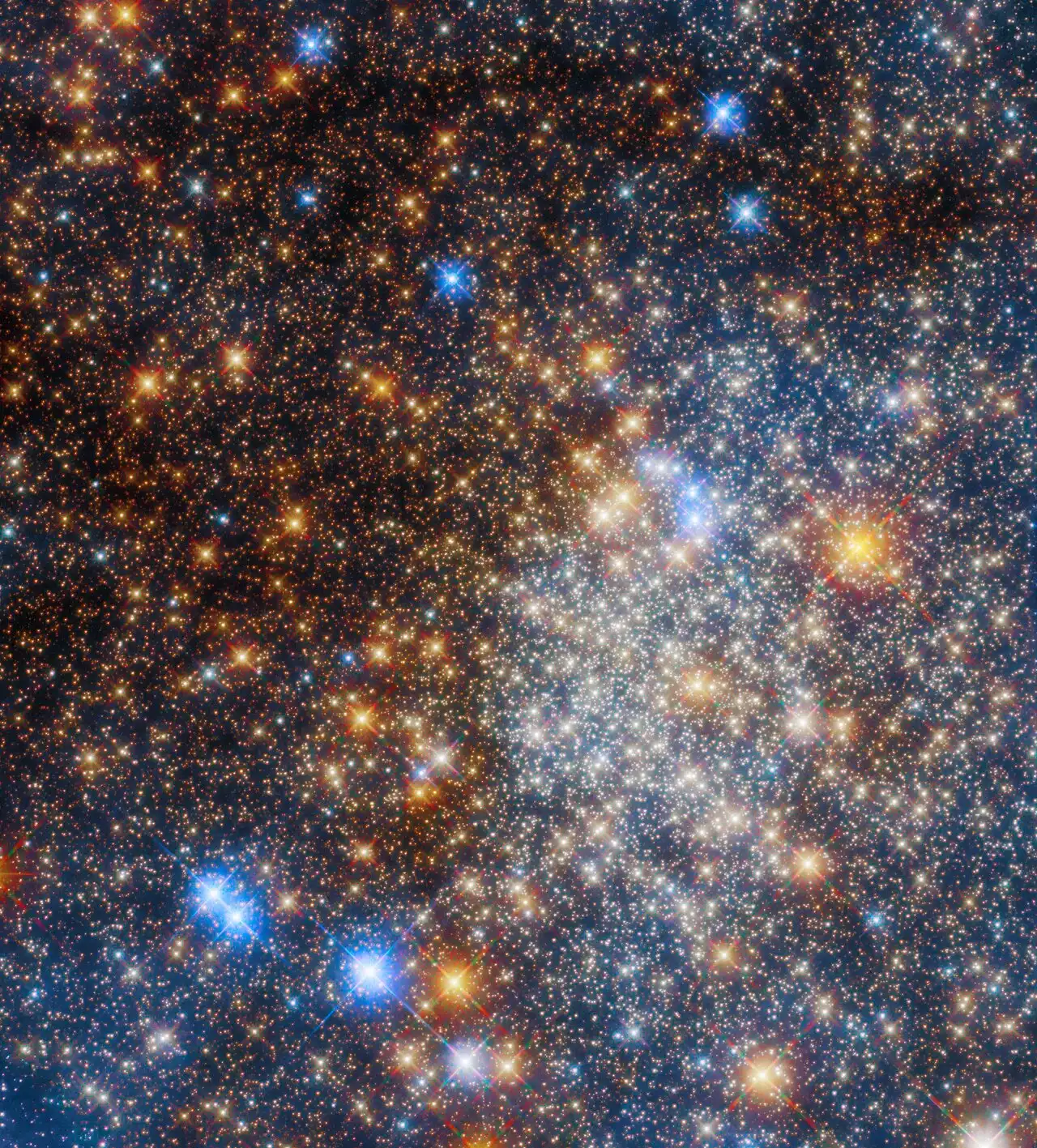 The Hubble Imaged Some Globular Clusters in an Unusual Place: Near the Milky Way's CentreGlobular clusters near the Milky Way's center are difficult to observe. But the Hubble is able to, and we're lucky for that.
The Hubble Imaged Some Globular Clusters in an Unusual Place: Near the Milky Way's CentreGlobular clusters near the Milky Way's center are difficult to observe. But the Hubble is able to, and we're lucky for that.
Read more »
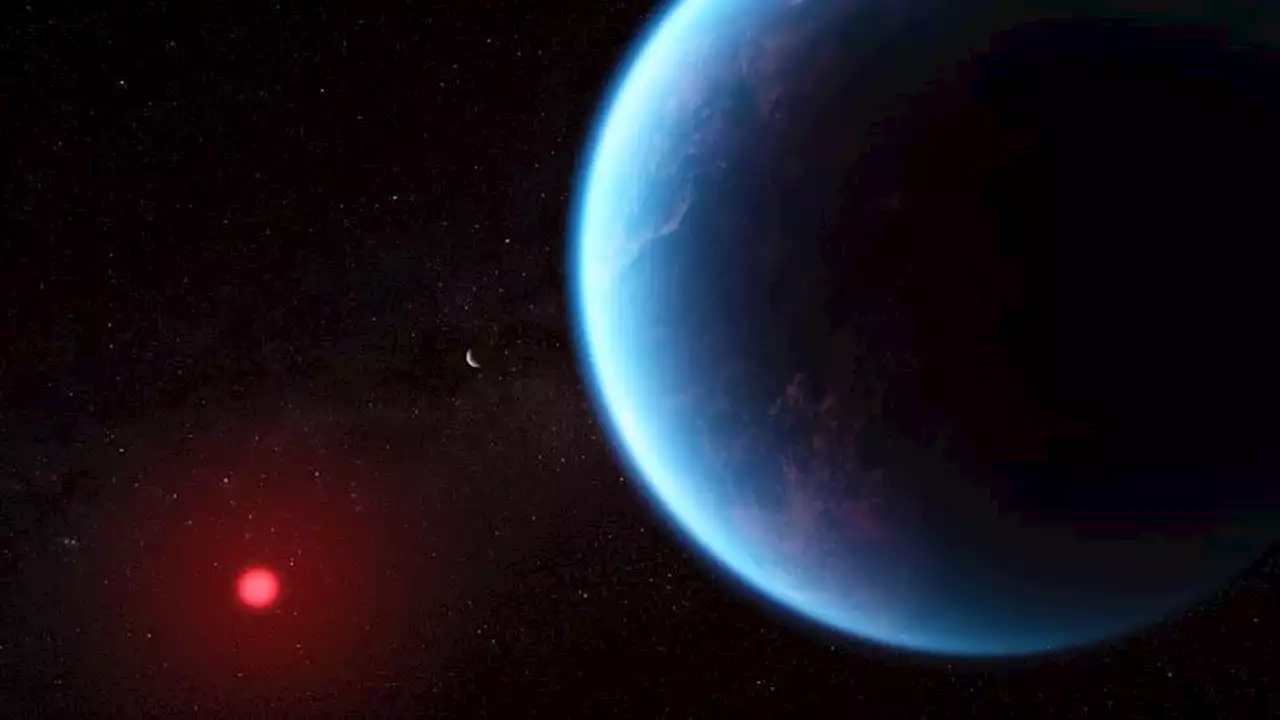 Webb telescope spies signs of water on habitable-zone exoplanetThe James Webb Space Telescope investigated a giant planet, K2-18b, that could be an ocean world, according to NASA. The exoplanet lies 120 light-years away from Earth.
Webb telescope spies signs of water on habitable-zone exoplanetThe James Webb Space Telescope investigated a giant planet, K2-18b, that could be an ocean world, according to NASA. The exoplanet lies 120 light-years away from Earth.
Read more »
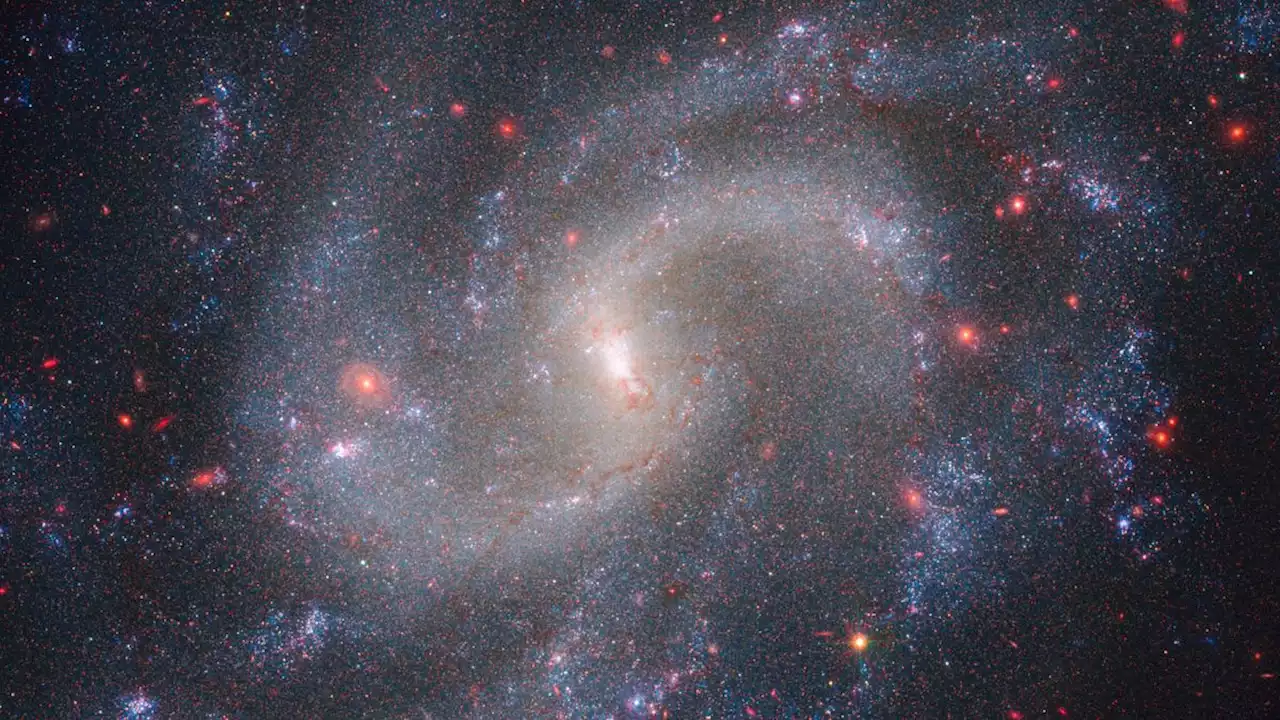 James Webb Space Telescope deepens major debate over universe's expansion rateMonisha Ravisetti is Space.com's Astronomy Editor. She covers black holes, star explosions, gravitational waves, exoplanet discoveries and other enigmas hidden across the fabric of space and time. Previously, she was a science writer at CNET, and before that, reported for The Academic Times. Prior to becoming a writer, she was an immunology researcher at Weill Cornell Medical Center in New York. She graduated from New York University in 2018 with a B.A. in philosophy, physics and chemistry. She spends too much time playing online chess. Her favorite planet is Earth.
James Webb Space Telescope deepens major debate over universe's expansion rateMonisha Ravisetti is Space.com's Astronomy Editor. She covers black holes, star explosions, gravitational waves, exoplanet discoveries and other enigmas hidden across the fabric of space and time. Previously, she was a science writer at CNET, and before that, reported for The Academic Times. Prior to becoming a writer, she was an immunology researcher at Weill Cornell Medical Center in New York. She graduated from New York University in 2018 with a B.A. in philosophy, physics and chemistry. She spends too much time playing online chess. Her favorite planet is Earth.
Read more »
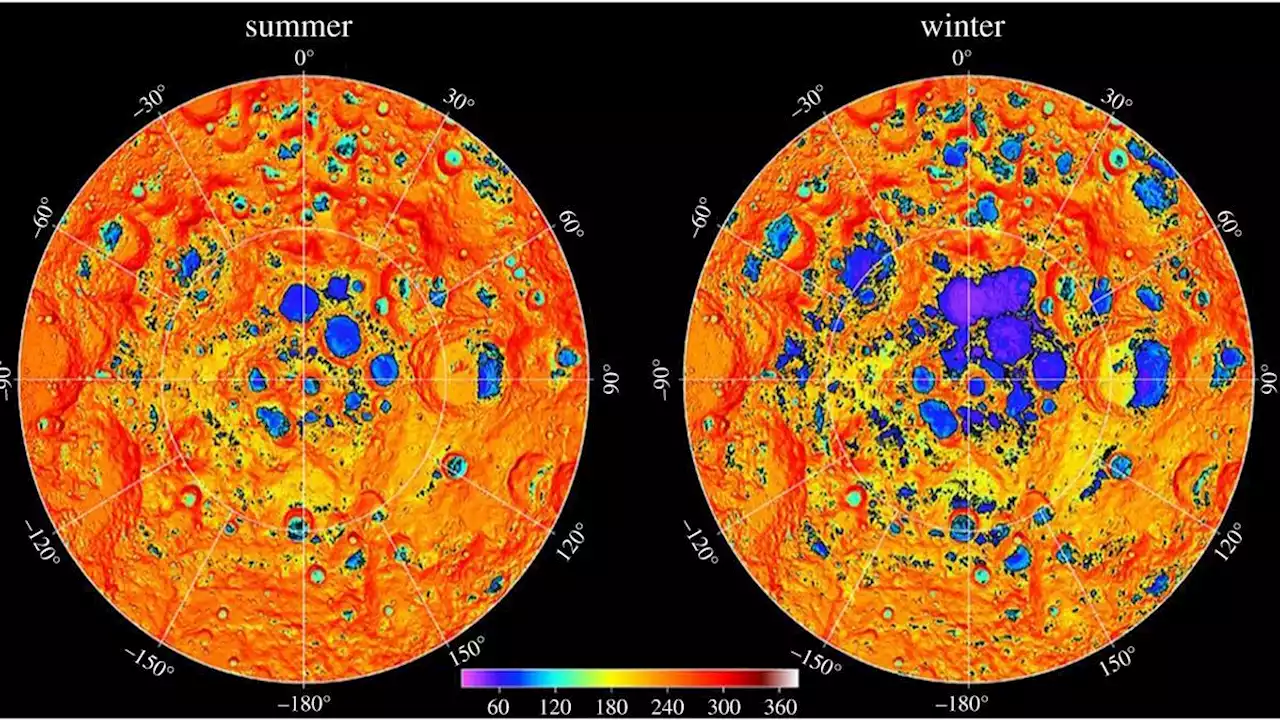 A big telescope on the moon could peer deeper into the universe than James WebbThe moon may open astronomy's next frontier.
A big telescope on the moon could peer deeper into the universe than James WebbThe moon may open astronomy's next frontier.
Read more »
